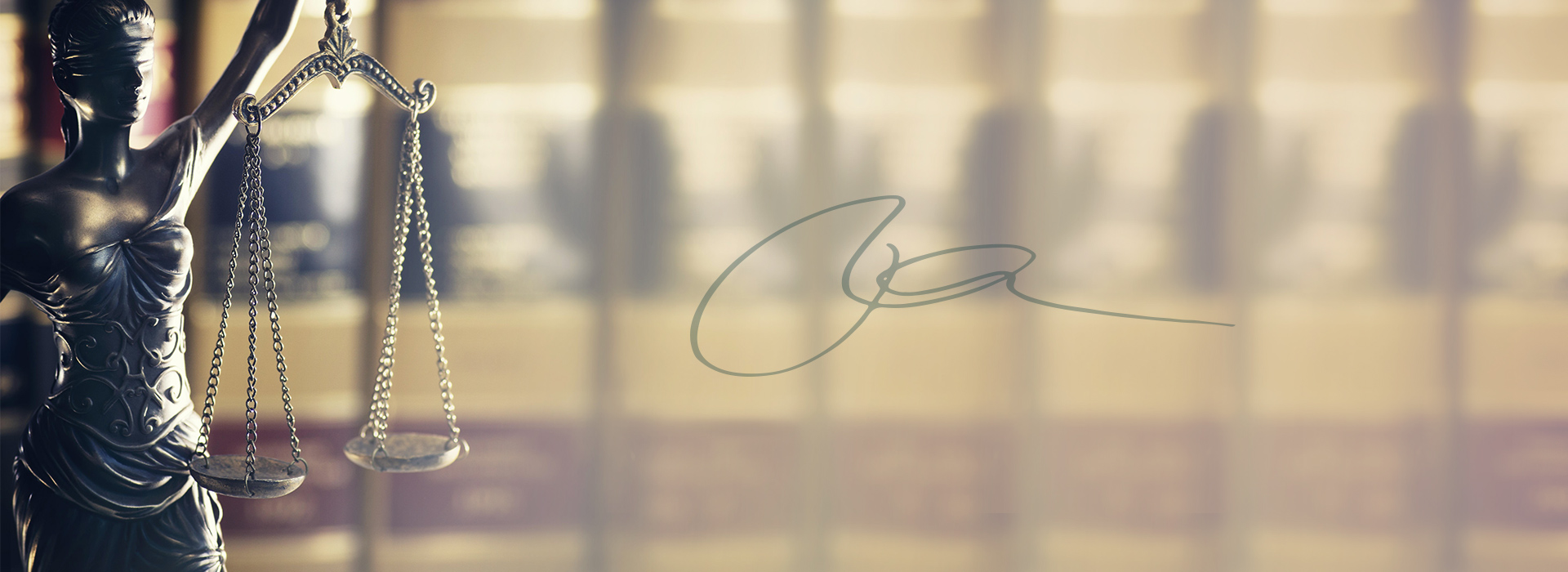
Unfair Compete
The detectives of the investigation firm, INVESTIPOLE, specialized in the fight against Unfair Compete, are committed to helping you and advise you with their know-how and methods, to implement an effective strategy and deploy the necessary resources for the completion of your records.
Operate to divert customers from competitor, to appropriate fraudulently reputation or acts that cause market disruption by abusive practices or by the exercise of an illegal business. Unfair competition resulting from wrongful acts and unfair loyalty required by custom or commitments on competition, committed by a professional, business or an employee in respect of another professional or a business that suffers in its economic activity.
Sanction of Unfair Competition
The author of an act of unfair competition may have its civil liability challenged in the context of an action for unfair competition by any victim of its unfair acts.
OBesides the risk of damages, the risk of being prevent from exercising his activity or disturbed in its exercise until he hasn’t ended his practice.
Case of unfair competition between businesses
Between business, include acts constitute unfair competition behavior to divert the clientele from a competitor, to copy his methods or fraudulently appropriating its reputation (parasitism), as the facts that cause market disruption by abusive practices or by the exercise of an illegal business. Brands, patents and other intellectual property rights, are protected by the infringement action, but they can give rise to a claim for unfair compete, since the conditions of action for infringement are not together or when the sanction sought is the wrongful acts regardless of the facts constituting infringement.
Case of unfair competition between businesses
Between professionals, mainly the misappropriation of client and denigration that are a source of unfair competition litigation.
Case of unfair competition by the employee
Unfair compete from employee is invoked mainly for non-compliance with the terms of competition and the opportunity to disclose trade secrets or commercial processes of the company he just left.
Actions for unfair compete and infringement
Press Service of Documentation and Study of the Court of Cassation on the decision No. 855 of June 12, 2007.
Protection against unfair competition is based on Article 1382 of the Civil Code: it is the fault which is the center of the matter.
Thus, production copy unprotected of others, or the sign under which he provides trading does not characterize such a mistake.
It is the way to do, that can be captured and that unduly benefits from its investments or cause injury to him by blurring the benchmarks of the public concerned.
Under these rules, which penalize the infringement of any interest, not an exclusive right, considerations specific to the law of intellectual property is irrelevant.
Protection by copyright or patent, a trade mark right, design or registered design or any other similar law, establishes the originality, distinctive, inventiveness or General Novelty.
Therefore the only reason to duplicate, or even imitate, the purpose protected as well characterizes a forgery, or plagiarism, only because of infringement objective of the conferred law.
This is not the case in unfair competition: neither imitation, nor copy, even « servile », are not sufficient to engage the liability of the perpetrator; they must be faulty, since there is no exclusive right, and therefore no-copy banned.
Naturally, it is always infringement of a certain originality, novelty or distinctive of the purpose whose recovery is charged, that will matter for debate.
But it consists, in unfair competition, a practical approach, detailed, limited to infringement of any interest on, attached to the knowledge of the imitated object, whatever it is (model, sign , company name …), in which they are used, ultimately, infringement of improper or prejudicial to a peaceful trading.
Therefore, it is unsatisfactory to dismiss an action for unfair competition, solely because of the lack of originality of copied objects, as a direct result of the rejection of the parallel action for infringement.
Should be looked, in the light of the existence from a risk of confusion or a parasite uptake, all the factors to be debated, such as length of use of the copied object, the reality of public concerned, the intensity of the recognition gained from this public character, indeed, more or less arbitrary, original, distinctive and functional of the object, the systematic character or repeated copying, in short, in general, evaluate anything that can be useful to conclude or exclude that this imitation is wrong and harmful.
This review should be conducted according to the facts, as established by practical proof obligations incumbent on each part, but not by reference to general principles, as absolute originality of the purpose in question, which fall outside the terms of engagement of liability for mistake.
That is why the Commercial Chamber in Cassation court this case indicates that the originality of a product is not a condition of action for unfair compete.

